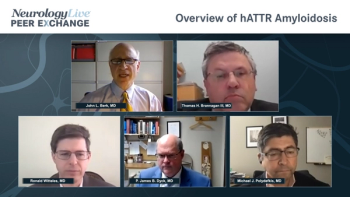
Panelists offer an overarching view into hereditary ATTR amyloidosis and differentiate the condition from wild-type ATTR amyloidosis.

Panelists offer an overarching view into hereditary ATTR amyloidosis and differentiate the condition from wild-type ATTR amyloidosis.
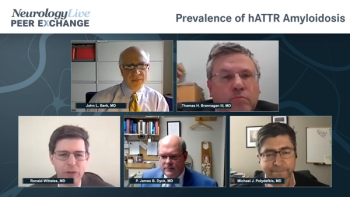
Analysis on the prevalence of hereditary ATTR amyloidosis.
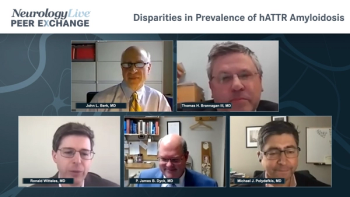
A discussion on understanding the disparities of race and gender in hereditary ATTR amyloidosis.
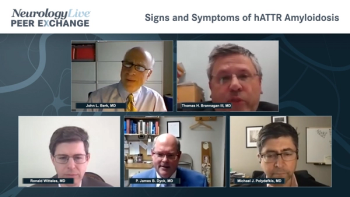
Signs and symptoms to help determine a diagnosis of hereditary ATTR.
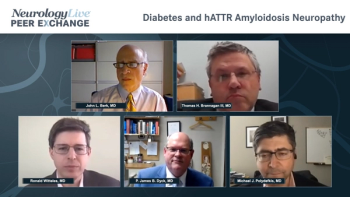
Understanding the diagnostic process in making a ATTR amyloidosis diagnosis.

Panelists suggest how to differentiate between diabetic neuropathy and ATTR amyloidosis.
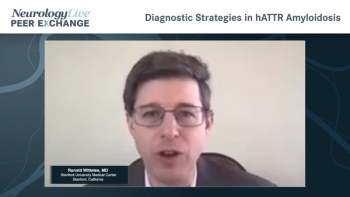
Diagnostic criteria commonly used to ensure an accurate diagnosis of hereditary ATTR amyloidosis is dissected.
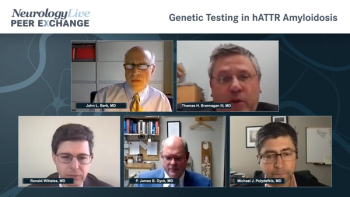
Expert panelists provide recommendations for gene panel testing with genetic counseling for evaluation of patients with hereditary ATTR amyloidosis.
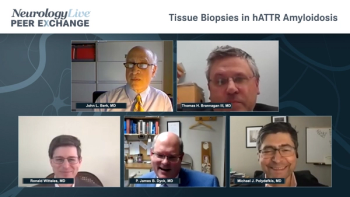
Various types of biopsies to diagnosis hereditary ATTR amyloidosis are discussed.
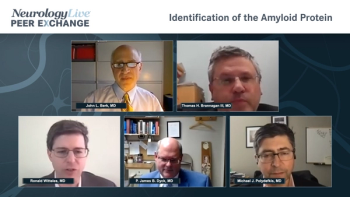
The use of mass spectrometry is the gold standard in amyloid proteins.
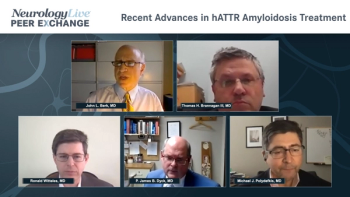
Treatment overview of hereditary ATTR amyloidosis and considerations for using newer therapies such as patisiran or inotersen in appropriate patients.

Clinicians elaborate on key trial data revealed through the APOLLO and NEURO-TTR studies in hereditary ATTR amyloidosis.
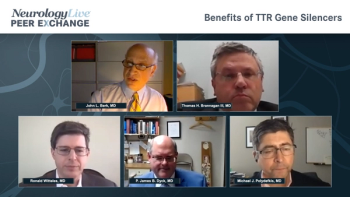
Discussion on the role of TTR protein stabilizers and gene silencers for treating hereditary ATTR amyloidosis.

Expert discussion on the recent topline results released for vutrisiran in the HELIOS-A trial.
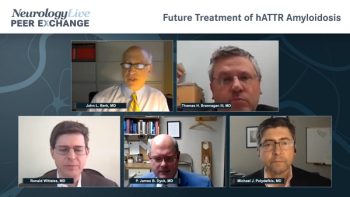
Analysis of current and newer therapies for the treatment of hereditary ATTR amyloidosis.